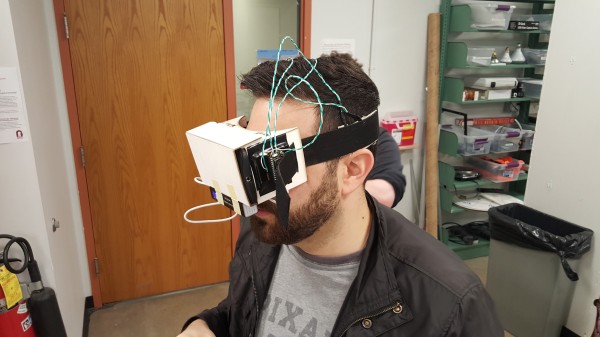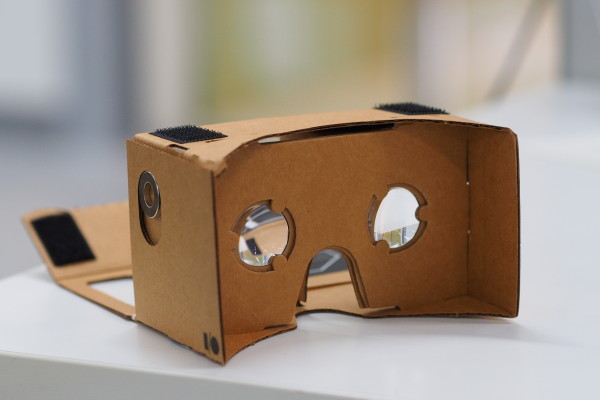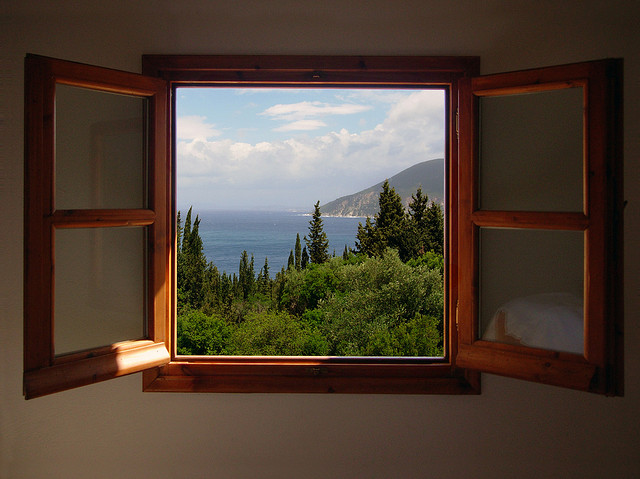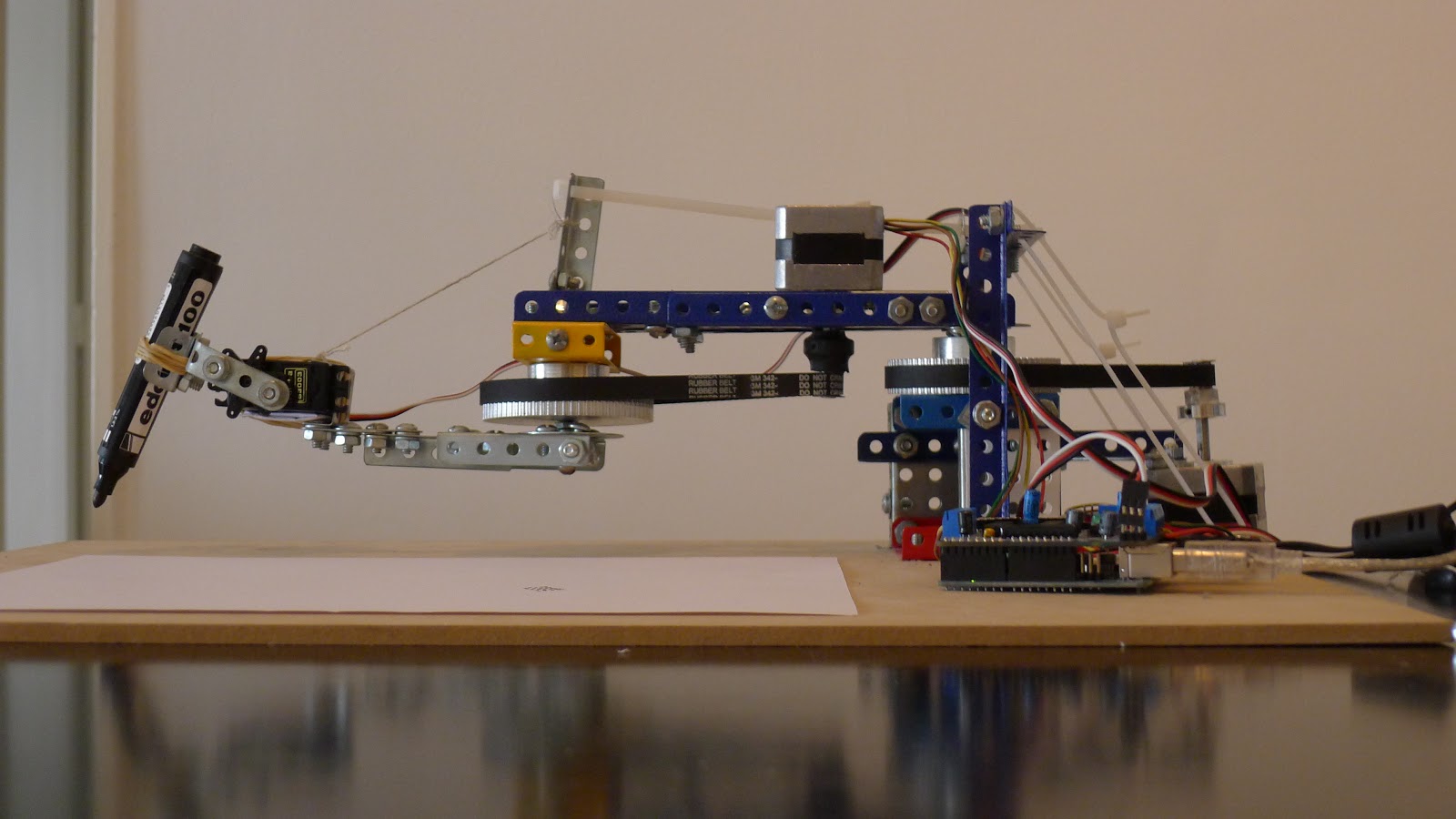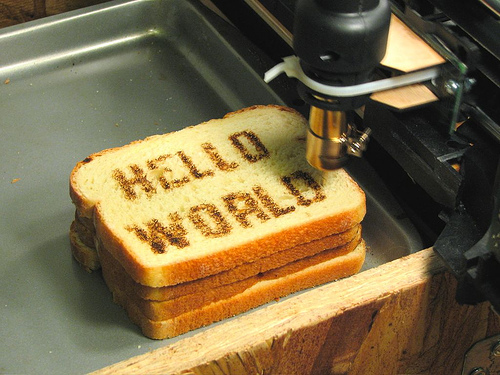Category
Administration
All, it is time for our final projects and the following text describes your proposal requirements. We live in an era of constant monitoring and electronic intervention. Mobile technologies have enabled fast computing on our persons in all aspects of… Continue Reading →
Code, demos, and project descriptions are available for this project at the Github Repo: https://github.com/marsman12019/IDeATePhysCompProject03-Cardboard
OBJECTIVE Make a blog post documenting your project. DELIVERABLES A 30-60 second video of your project in action A (well-linked) writeup of your design process, including: The genesis of your idea The technologies used to make it happen Diagrams, photos, and… Continue Reading →
OBJECTIVE Make a sensor from a microphone that measures/detects an environmental condition that is not an audio source. You must convert some other physical energy (displacement, light, electricity, heat) to sound to be sensed by your microphone : DETAILS The first week… Continue Reading →
On a number of occasions this semester (approximately once per project), you are going to complete a “looking outwards” assignment, where you search relevant fields for projects related to the current topic. You will then make a blog post of… Continue Reading →
OBJECTIVE Make a wheeled robot that completes a challenge on a whiteboard table. Your team may choose from one of the challenges below: Normal Challenge Solve a Maze bonus: make it draw the maze first Draw an algorithmic pattern [S+A]… Continue Reading →
OBJECTIVE The purpose of this assignment is to ensure all students are familiarized with the PhysComp lab and the primary computational tools used for the duration of the course. DELIVERABLES If you haven’t already, sign up for the Github Education Pack… Continue Reading →
